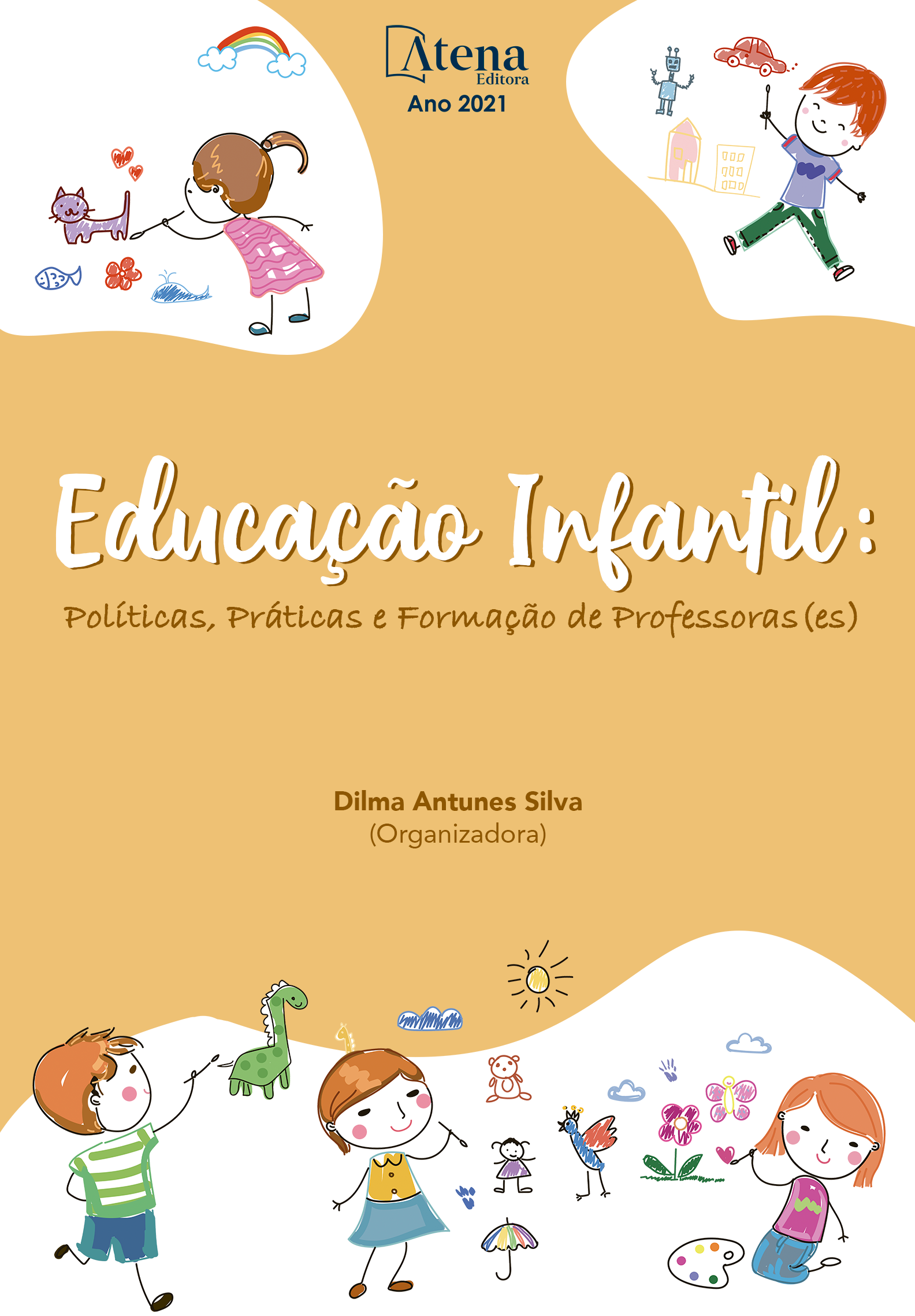
A LUDICIDADE NA EDUCAÇÃO INFANTIL: UMA ANÁLISE DOS DOCUMENTOS ORIENTADORES
A ludicidade está presente na Educação Infantil por meio de jogos, brincadeiras, músicas, contação de histórias, teatro, entre outras ferramentas intencionais para a aprendizagem da criança e a mesma foi se modificando e se modernizando por meio dos documentos orientadores, como a Lei de Diretrizes e Bases da Educação Nacional (LDBEN), Referencial Curricular Nacional para a Educação Infantil (RCNEI), Diretrizes Nacionais Curriculares para a Educação Infantil (DCNEI) e a Base Nacional Comum Curricular (BNCC). Nesse sentido, objetivamos analisar a inserção da ludicidade na Educação Infantil em tais documentos. Para isso, realizamos uma pesquisa qualitativa com abordagem documental e bibliográfica. Na abordagem documental, a pesquisa desenvolveu-se a partir da legislação e dos documentos de âmbito nacional que tratam sobre a educação básica no país, tendo como foco a Educação Infantil. Já para a pesquisa bibliográfica, fontes como artigos científicos, trabalhos de conclusões de curso, livros, entre outros que podem ser acessados pela internet foram selecionados. Após a finalização deste estudo, é possível considerarmos que a ludicidade está inserida nesses documentos, clarificando que as experiências com o seu uso tornem o cotidiano escolar mais prazeroso, ao mesmo tempo em que orienta os educadores a desenvolverem práticas pedagógicas eficazes para dar fulcro à necessidade das crianças.
A LUDICIDADE NA EDUCAÇÃO INFANTIL: UMA ANÁLISE DOS DOCUMENTOS ORIENTADORES
-
DOI: 10.22533/at.ed.7242110034
-
Palavras-chave: Educação Infantil. Ludicidade. Documentos orientadores.
-
Keywords: Early Childhood Education. Playfulness. Guiding documents.
-
Abstract:
Playfulness is present in Early Childhood Education through games, games, music, storytelling, theater, among other intentional tools for the child's learning and it has been modified and modernized through guiding documents, such as National Education Guidelines and Bases Law (LDBEN), National Curriculum Reference for Early Childhood Education (RCNEI), National Curricular Guidelines for Early Childhood Education (DCNEI) and the Common National Curricular Base (BNCC). In this sense, we aim to analyze the inclusion of playfulness in Early Childhood Education in such documents. For this, we conducted a qualitative research with a documentary and bibliographic approach. In the documentary approach, the research was developed based on legislation and documents of national scope that deal with basic education in the country, focusing on Early Childhood Education. For bibliographic research, sources such as scientific articles, course conclusion works, books, among others that can be accessed through the internet were selected. After the completion of this study, it is possible to consider that playfulness is inserted in these documents, clarifying that experiences with its use make school daily life more pleasurable, at the same time that it guides educators to develop effective pedagogical practices to give focus to the needs of children.
-
Número de páginas: 17
- Rayane Maria dos Santos
- Maria Lenilda Caetano França


